SUMMARY
This is AI generated summarization, which may have errors. For context, always refer to the full article.
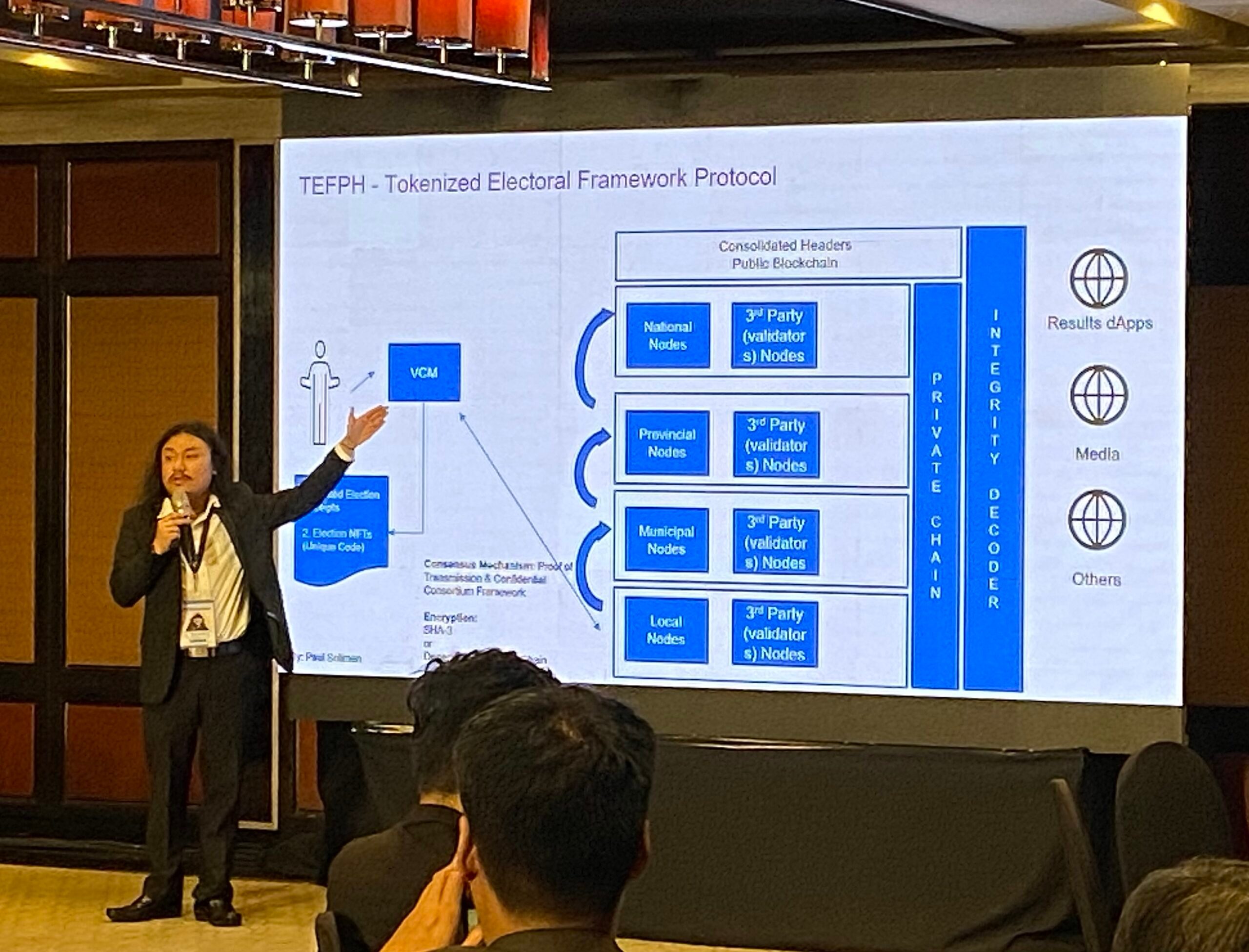
MANILA, Philippines – The first day of a historic election summit of the Commission on Elections (Comelec) saw one company floating the idea of adopting blockchain technology in future elections in the Philippines.
Paul Soliman, chief executive officer of BayaniChain, said on Wednesday, March 8, that blockchain technology will be a big help in improving the transparency and security of electoral processes in the country.
Widely used in cryptocurrency systems, blockchain technology is an electronic record-keeping system that relies on the participants or nodes in its network to authenticate, handle, and log all operations within a platform.
In the context of an electronic voting system, each block in the blockchain represents one vote and has a special code on it that shows whom the vote is for. When someone casts a vote, his or her vote block is added to the blockchain and is connected to one another.
Once added, the block or vote cannot be changed or removed because everyone in the network would be able to see if someone tried to tamper with the vote.
This contrasts with the current automated election system of the country, which uses a centralized network of the Comelec that manages and oversees the transmission of votes from the barangay level to the national level.
“In blockchain technology, the data will not be transmitted but will be replicated. If there’s a change in the blockchain during replication, the system will already flag it,” Soliman explained.
Using the technology that Soliman proposes, blockchain technology election transactions can be done now through the approval of network participants in the chain, enabling more efficient processing.
“There is no data transmission in the network and that would reduce the cost of conducting an election,” the tech expert added.
When asked about the safety and suitability of using blockchain technology, Soliman said that the new technology creates an unalterable record of all votes cast, making it difficult for anyone to replicate the election results.
“While blockchain is not a silver bullet for solving challenges in the election, it offers a promising approach for improving the transparency, security, and trust in the electoral process,” Soliman said.
With blockchain technology being seen as a promising tool for making the process transparent and efficient providing essential security features for the electoral process, some countries like the United States, South Korea, and Greenland are exploring its possible application implementation in their electoral processes.
In a press conference, Comelec Chairman George Garcia said that he is open to the option of using blockchain technology for the upcoming elections, but it is still up to the public to decide whether to adopt this technology.
“Even if we use the most advanced technology but the public doesn’t understand it, they will only be afraid to vote and the process will be put into question. If that’s the case, why should we implement it (blockchain)?” Garcia said in Filipino.
He added that the polling body will consistently give importance to the integrity, credibility, and transparency of the electoral process.
The national election summit is a three-day summit organized by the Comelec with its partner civil society organizations to gather recommendations from different election stakeholders regarding election administration, enforcement, and adjudication.
President Ferdinand Marcos Jr. and Vice President Sara Duterte are expected to grace the culmination of the summit on March 9 and 10. – Rappler.com
Add a comment
How does this make you feel?

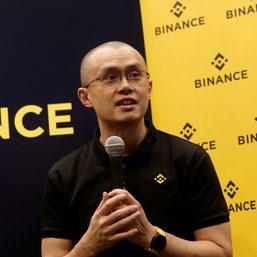


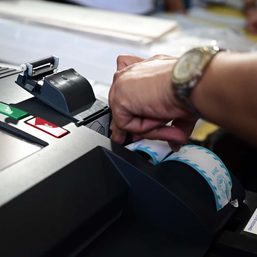

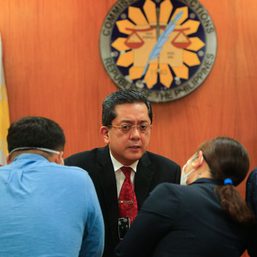
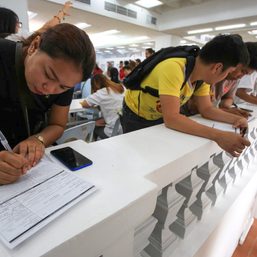
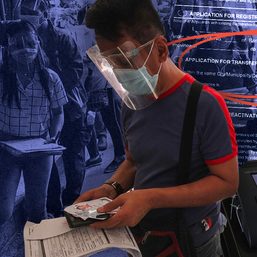
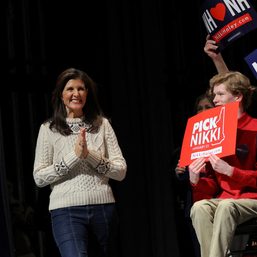

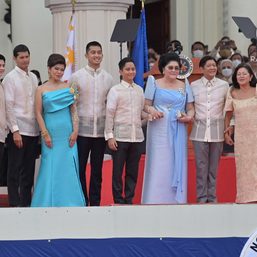
There are no comments yet. Add your comment to start the conversation.